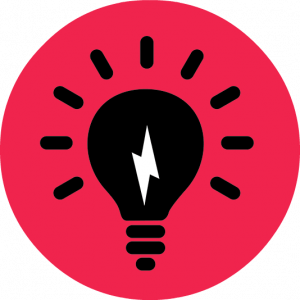Tracking the spread of science with machine learning
By Basil Mahfouz, on 18 November 2021
On 3-5 November 2021, I joined research professionals from across the Network for Advancing and Evaluating the Societal Impact of Science (AESIS) to discuss state of the art methods for evaluating the impact of research. Participants showcased institutional best practices, stakeholder engagement strategies, as well as how to leverage emerging data sources. In this blog, I reflect on the conversations initiated at the conference, drawing upon insights gained throughout my research at STEaPP.

Photo by Markus Spiske on Unsplash
 Close
Close





